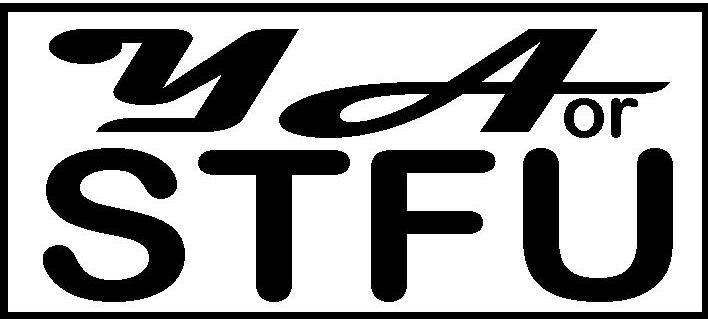Young Adult Literature without Apology
Amy's assessment of contemporary young adult literature, organized by author and title, censored by noone.
Realistic | Romance | Science Fiction | Historical Fiction | Fantasy | Horror | Mystery
Vaught, Susan (2006). Trigger. NY: Bloomsbury USA. ISBN: 1582349207. 304 pages.
Like Kat Got Your Tongue (by Lee Weatherly), this new novel by Vaught deals with memory loss
and the interrogation of a life lived but not remembered. The story begins on the day seventeen-year-old Jersey Hatch
is released from the hospital/treatment center where he has been living and rehabilitating since he attempted
suicide by shooting himself in the head. Though a strong survivor, he has suffered physical and mental harm and is
no longer able to fully control his speech or his left side. Unable at first to comprehend the fact that he tried to
kill himself and absent memories of the year preceding the incident, Jersey tries to discover what might have led him
to this desperate place. The strength of this story lies in its first person narrative. Brain-damaged to the point that
he is what he calls a "five-year-old genius," seemingly random words and phrases stick in his thoughts and punctuate
not only his narrative but also his speech. This pattern (or lack therof) is captured in the narration to realistic
effect. That is, at first his scattered thought processes are kind of annoying and, as a reader, I find myself
getting a bit tired of his struggle. This irritation is displaced, however, as I get to know the character and, like
Jersey, start to accept this new "person."
This is not a difficult book to read and it gets to the heart of suicide's futility without preaching. Unlike the
self-absorbed Burn Journals (Runyan), Trigger has a lot of heart and, interestingly, it is this
"heart" that makes what would normally be a sort of maudlin premise bearable. There is a note in the end that follows
the book's conclusion detailing suicide resources which seems a rather childish addition to the novel. That is, would
you expect an adult book about the same topic to include the same type of resource list in the final pages? That said,
this is a convention of this type of young adult "issue" narrative and, as these the presentation of this type
of information goes, comes off less preachy than it could.
Interestingly, Susan Vaught is a neuropsychologist by trade; a fact that lends a certain degree of credence to the
narrative. Unlike, say, Levenkron's The Best Little Girl in the World, Vaught's story doesn't overly
pathologize the novel's focalizer nor does the book read like a thinly veiled case study.
